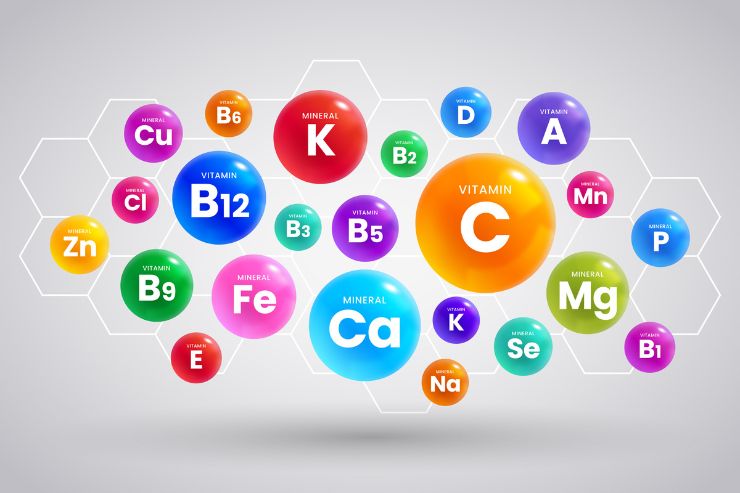
Acid-base and electrolyte imbalances occur when the body’s delicate balance of acids, bases, and essential minerals (electrolytes) is disrupted. These imbalances can interfere with many vital processes, including muscle function, nerve signaling, and maintaining proper fluid levels. The kidneys play a critical role in maintaining this balance, and any kidney disease can increase the risk of imbalance.
What Are Electrolytes?
Electrolytes are minerals in the body that have an electric charge and are essential for proper cell function. The main electrolytes include:
These electrolytes help regulate fluid balance, blood pressure, muscle contractions, and nerve signals.
Causes of Acid-Base & Electrolyte Imbalances
Several factors can disrupt the balance of acids, bases, and electrolytes in the body:
Common Types of Imbalances
Symptoms of Electrolyte Imbalance Symptoms can vary depending on the specific imbalance but often include:
Treatment and Prevention
The treatment for acid-base and electrolyte imbalances depends on the specific type of imbalance and its cause. It often includes: